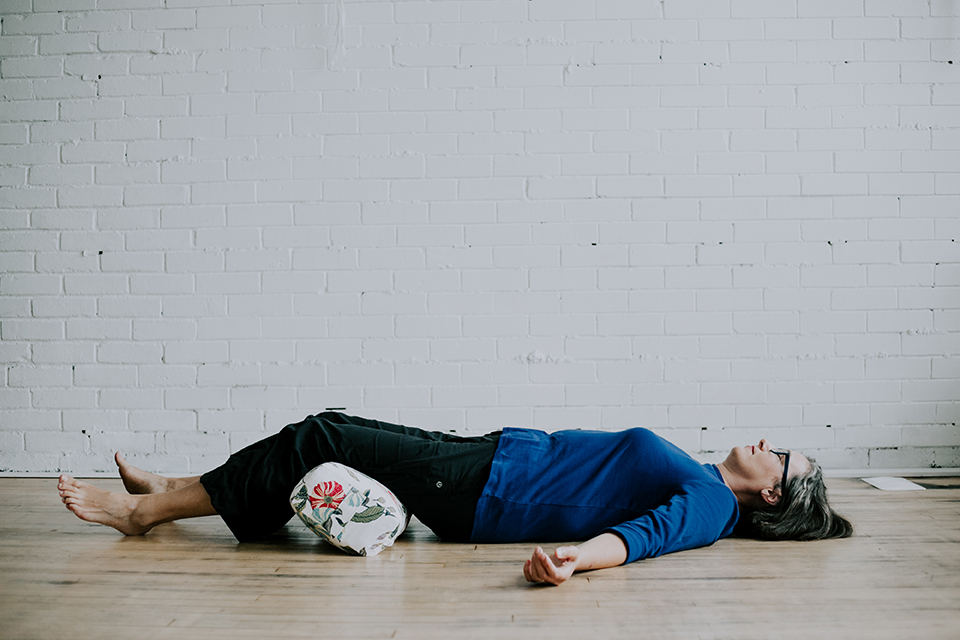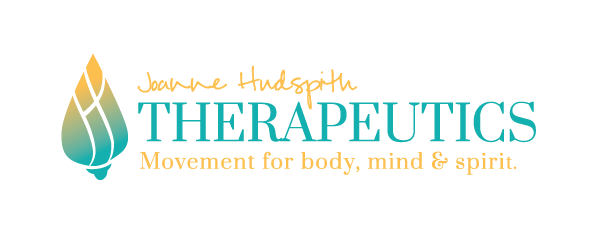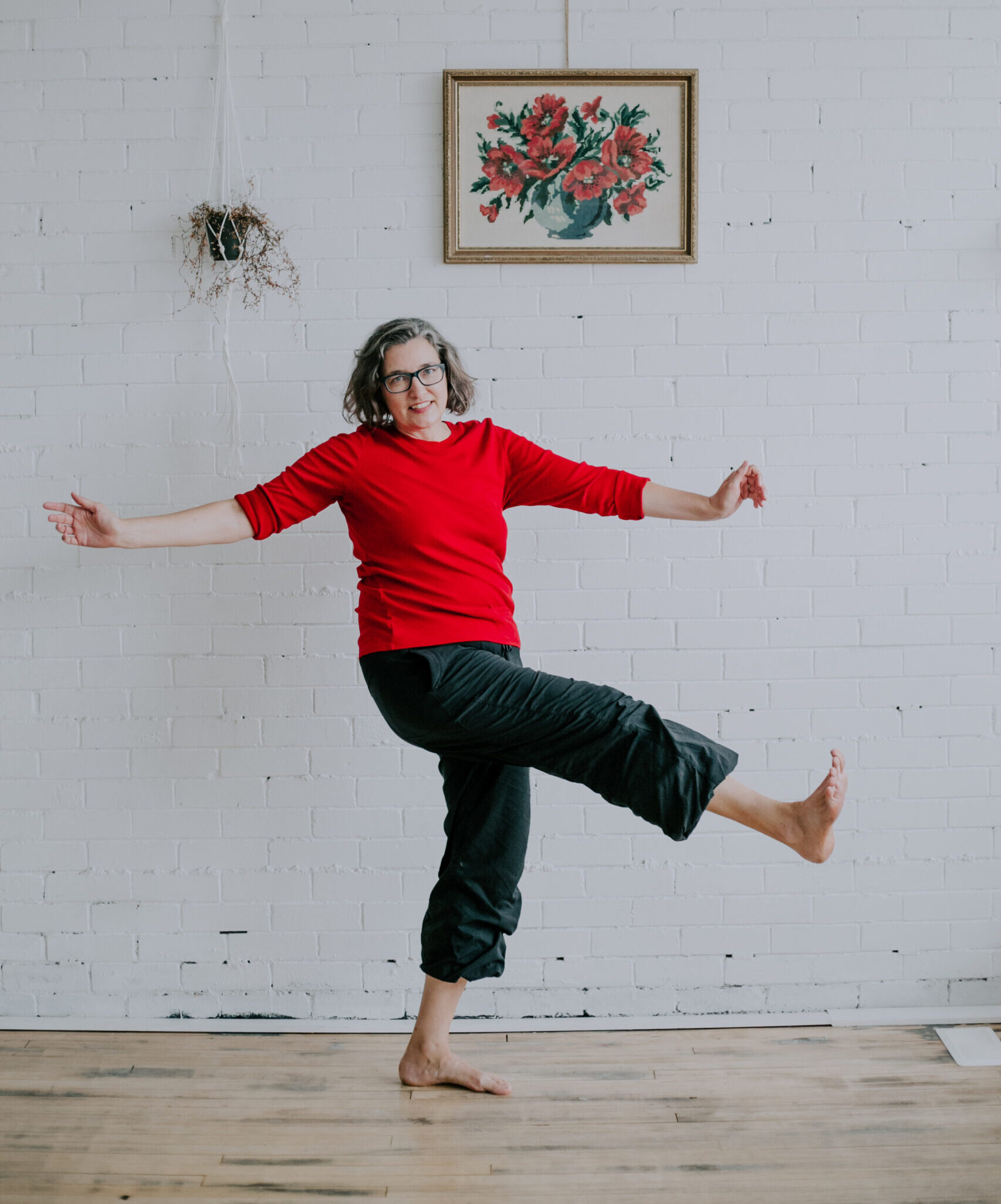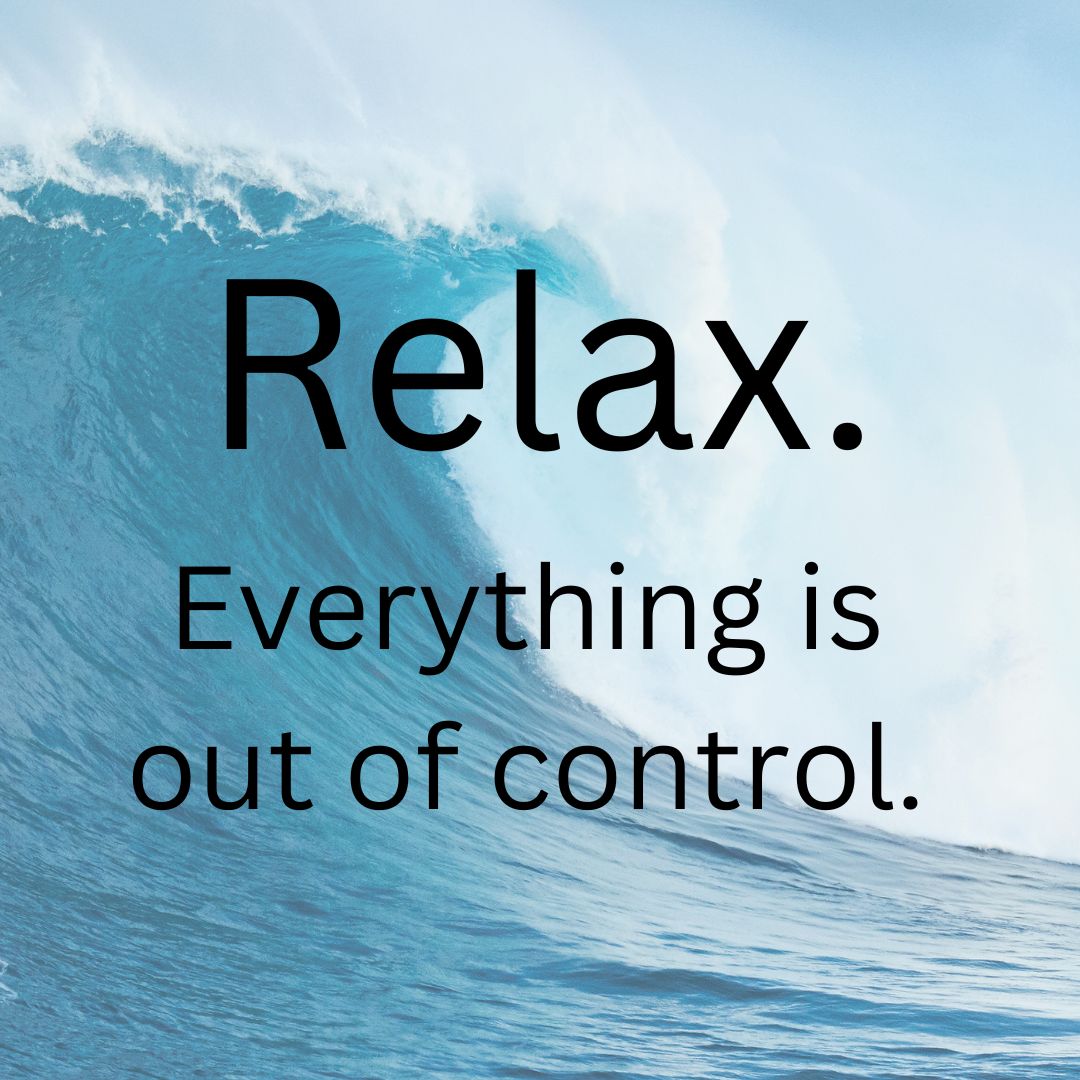A few months ago, I was talking with a friend about my work and the interesting places my curiosities have led me. I hadn’t seen this person for a while, and he asked me to tell him a bit more about the book that I was writing. If you’ve spent any time with me, you know how passionate am about my work. When I get talking about the body, mind and nervous system, it’s like another person steps inside me and takes over. My eyes light up, I get animated, I take up space and forget all about the inner critic who wants to put me back in my place.
When I started writing the book, I kept it pretty quiet. It felt risky and vulnerable to tell people what I was doing – claiming my expertise was like walking into a room full of people who knew I didn’t belong. But, with each conversation I have about my book, about the work that informs it, I get more and more excited, because I know, really know, how important and badly needed the work is.
On that particular day, I allowed my excitement and my passion to be fully present in the conversation I was having with my friend. He felt that the work I’m doing with the mind-body connection would be a valuable tool for people who are trying to improve their mental health, and asked if I would consider giving a presentation for a mental health support group that he’s a core member of. The thought of presenting in front of a group of strangers was simultaneously scary and exciting – but knowing that this would be both a learning and growing experience for me, and an opportunity to share my work, I quickly agreed.
As the weeks passed, I prepared and rehearsed, trying to fine-tune and distill everything that I wanted to share into a 30-minute presentation. Impossible. So, I continued to prepare, knowing that the presentation would not be perfect, and that planning and preparation give a solid support for things to go sideways from.
The day came and I stood in front of that group of strangers. I talked about how the nervous system works, the value of learning to feel in working with the nervous system, and I offered some tools to help those who attended get into their bodies and begin to cultivate the skill of sensing.
Was I nervous? Yes. Did the presentation go according to plan? No. Did I communicate everything I wanted? Definitely not!
But, I believe that the people who were there learned something new about themselves, got some new tools that they could use to improve their mind-body connection, and feel empowered to use those tools to support their mental health.
And of course, after the fact, I remembered more that I wanted to share with the group. And after sending them an email, I realized that the information might also be helpful to those of you who read this newsletter each month. It means this post is much longer than usual, but I think it’s worth the read!
Here’s the email I sent:
I would have loved to have had more time with you to work with some more inquiries, offer you more information about your nervous system, and help you experience how to work with your body rather than against it.
A few key points that I may not have gotten to and/or are worth repeating:
Learning how to feel sensations in your body gets you out of the chatter in your brain and helps you to work more effectively with your nervous system.
Your nervous system loves patterns; the unknown and unfamiliar will often trigger a stress response – when you can feel that response in your gut, around your heart, in your throat, or in the pounding of blood in your head without pushing it away, you can get more comfortable with the unfamiliar and unknown, and it won’t have as much power.
Self-care is about learning how to tap into the knowing of your body and growing your inner wisdom, strength and resilience so you can experience challenges in life without being paralyzed by them. So you can feel difficult things without them ruling your life, without losing your ability to experience joy, love, energy and pleasure, even on the crappiest days.
Each time you come back to feeling, to sensing in your body, and practice supporting your nervous system, you are rewiring your brain and increasing your capacity to deal with stress. You’ll notice you can meet difficult situations with more clarity and respond more appropriately instead of reacting blindly.
The most effective tools for improving your ability to feel and for working with your nervous system are the ones you enjoy using. Ask yourself if what you’re doing is aggravating or soothing. You’re different each day; as you get more comfortable with the tools you’re using, you can grow your toolbox and add new ones.
To get better at anything, you need to practice it. Sustainable change happens through small, manageable steps. Offer yourself love and grace through your difficult days. You are whole and complete.
Things you can do to improve your ability to sense your body:
Qigong tapping – YouTube has tons of videos you can find with instructions!
Bouncing, Shaking
Dancing in your kitchen or living room – put on your favourite song and dance like nobody’s watching!!!
Guided body sensing meditation – I’m attaching one here.
Body Scan – lots of guided ones are available online
Set an alarm on your phone several times per day for you to pause and check in with your breath and your body.
Things you can do to calm your nervous system:
Guided relaxations, guided meditations – here is one
Breath awareness practice – here’s one
Alternate nostril breathing
Let one hand rest on your heart and the other on your belly, and just feel your breath coming and going easily.
Things you can do to improve your nervous system’s ability to regulate itself:
All of the above things, plus –
Vagus nerve stimulation – here’s a video that may be helpful
Belly massage – here’s an audio recording you can use
These are just a few suggestions. There is soooo much information available – a quick google search will unearth so many ways you can work with your body, breath and nervous system. Try the ones you gravitate towards and be curious about the mood of your body and nervous system as you play. Create a habit of feeling inward that you enjoy. If you find yourself thinking in terms of “have to” and “should”, can you reframe to “want to” and “get to”?
Please don’t hesitate to reach out if you have any questions about my presentation. If you’re interested in learning more about how to work with the mind-body connection, please take a look at my previous newsletters – they live here on my website.
I’m in the process of publishing a workbook/course on growing resilience through improving the mind-body connection; it’s tentatively titled “The Power of the Pause.” I’ll keep you updated on that in upcoming newsletters.
In gratitude,
Joanne
p.s. If you have friends who you think would find this helpful, please go ahead and share this with them!





